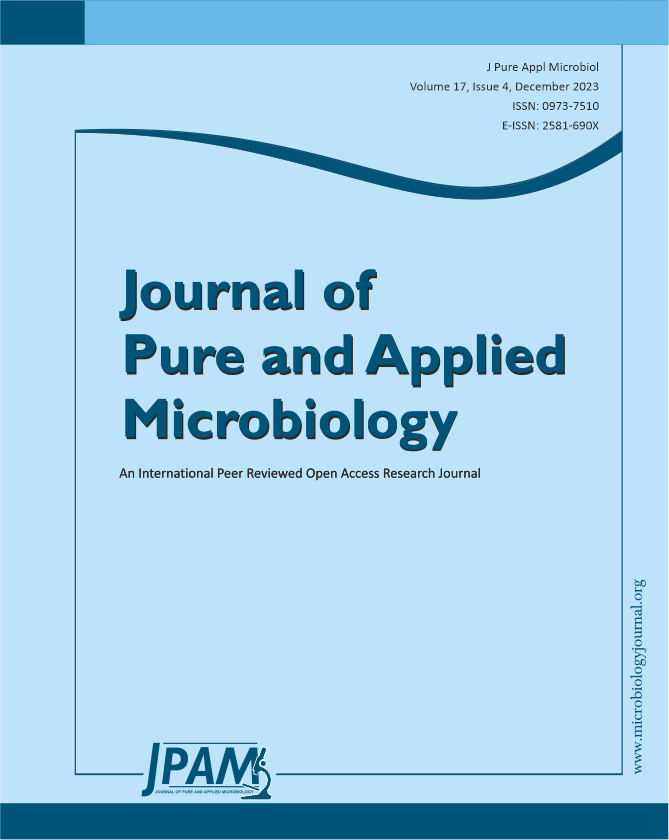The human gut microbiota has been widely studied due to the possibility of high-throughput sequencing. Humans are distinctly inhabited by normal flora and symbiotic microbial flora, with bacteria accounting for the vast bulk of the component microorganisms. These organisms can be found in a variety of locations throughout the body, including the oral cavity, vagina, skin and stomach. Microbe types and abundance vary in different organs of the same person, but they may also differ between persons. They are very important for human health and also affect the immune system by altering its metabolism and behavior. Conditions such as malnutrition, Crohn’s disease, inflammatory bowel disease and colon colitis, in addition to metabolic disorders including type II diabetes and obesity, have all been associated with the gut microbiota. Several studies in recent years have emphasized the relevance and involvement of commensal bacteria in the development of a variety of disorders, including autoimmune diseases. Autoimmune diseases, Such as Graves’ disease, systemic erythematosus lupus (SLE), and irritable bowel syndrome (IBS), are commonly known for their loss of self-tolerance, a hyperactive reaction against the body’s own tissue. Autoimmune diseases are triggered by the immune system targeting self-tissues, and their global frequency is estimated to be between 3 and 5%. This review reaffirms the links between autoimmune disorders and gut bacteria. The precise pathophysiology is unknown; however, environmental factors (such as lifestyle, diet, medications, and infections) and specific genetic conditions have been expected. The gut microbiota is important in autoimmunity because changes in microbial composition can trigger immunological tolerance loss.
Human Gut Microbiota, Autoimmune Diseases, Graves’ Disease, Systemic Erythematosus Lupus (SLE), Irritable Bowel Syndrome (IBS)
© The Author(s) 2023. Open Access. This article is distributed under the terms of the Creative Commons Attribution 4.0 International License which permits unrestricted use, sharing, distribution, and reproduction in any medium, provided you give appropriate credit to the original author(s) and the source, provide a link to the Creative Commons license, and indicate if changes were made.


